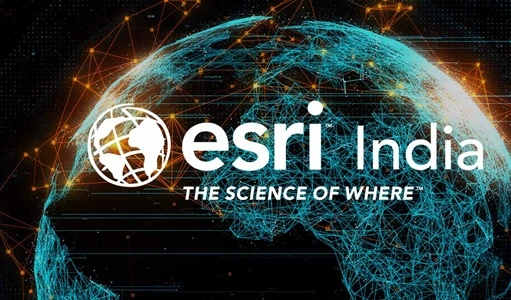A recent survey by LocalCircles highlights the persistent challenge of bribery within Indian businesses. Over the past 12 months, nearly 70% of businesses admitted to paying bribes, primarily to government officials, to secure permits, comply with regulations, and expedite contract processing. Despite a decline in the overall value of bribes, the survey revealed that 54% of businesses were compelled to pay, underscoring the prevalence of extortion-like practices.
Widespread Bribery in Key Sectors
Government departments such as Legal, Metrology, Food, Drug, and Health were cited most frequently, with 75% of businesses reporting bribery incidents in these sectors. Even with the Prevention of Corruption Act in place, the lack of comprehensive digitization in state and local governance perpetuates opportunities for corruption.
The survey garnered responses from over 18,000 participants representing 9,000 businesses across 159 districts in India. Notably, 66% of respondents acknowledged having paid bribes in the past year, with 41% reporting multiple instances of bribery and 24% indicating isolated occurrences.
Forms of Bribery and Middlemen Involvement
Among those who paid bribes, 83% provided cash, while 17% offered gifts or favors. A significant finding is the involvement of intermediaries; many large corporations and multinational firms avoid direct engagement in bribery by hiring middlemen or agents who facilitate such activities. The survey also noted that 46% of bribes were paid to expedite processes, while 54% were the result of coercion.
Impact of Digitization
On a positive note, ongoing digitization efforts in government departments have started to show results. Around 30% of businesses reported that they did not need to pay bribes this year, signaling a gradual reduction in corruption. However, despite the progress, bribery persists, particularly in interactions with public sector undertakings (PSUs) and private entities.
Platforms such as the Government eProcurement Marketplace aim to curb corruption, yet loopholes remain. Bribery continues in areas like supplier qualification, bid manipulation, and payments. A majority of respondents—72 %—admitted to paying bribes to government officials, 51% to PSU representatives, and 28% to officials in private companies.
The Path Forward
Experts argue that full digitization of government processes, particularly at state and local levels, is crucial to eliminating corruption. Reducing human interfaces through technology can significantly diminish opportunities for bribery. However, this requires substantial investment and robust governance standards to ensure seamless implementation.
In conclusion, while initiatives like increased digitization have begun to curb the frequency and value of bribes, systemic corruption remains a significant hurdle for businesses in India. Until full transparency is achieved through digital reforms, companies are likely to continue facing challenges in navigating the complexities of India’s business environment.
















